Gallery
Photos from events, contest for the best costume, videos from master classes.
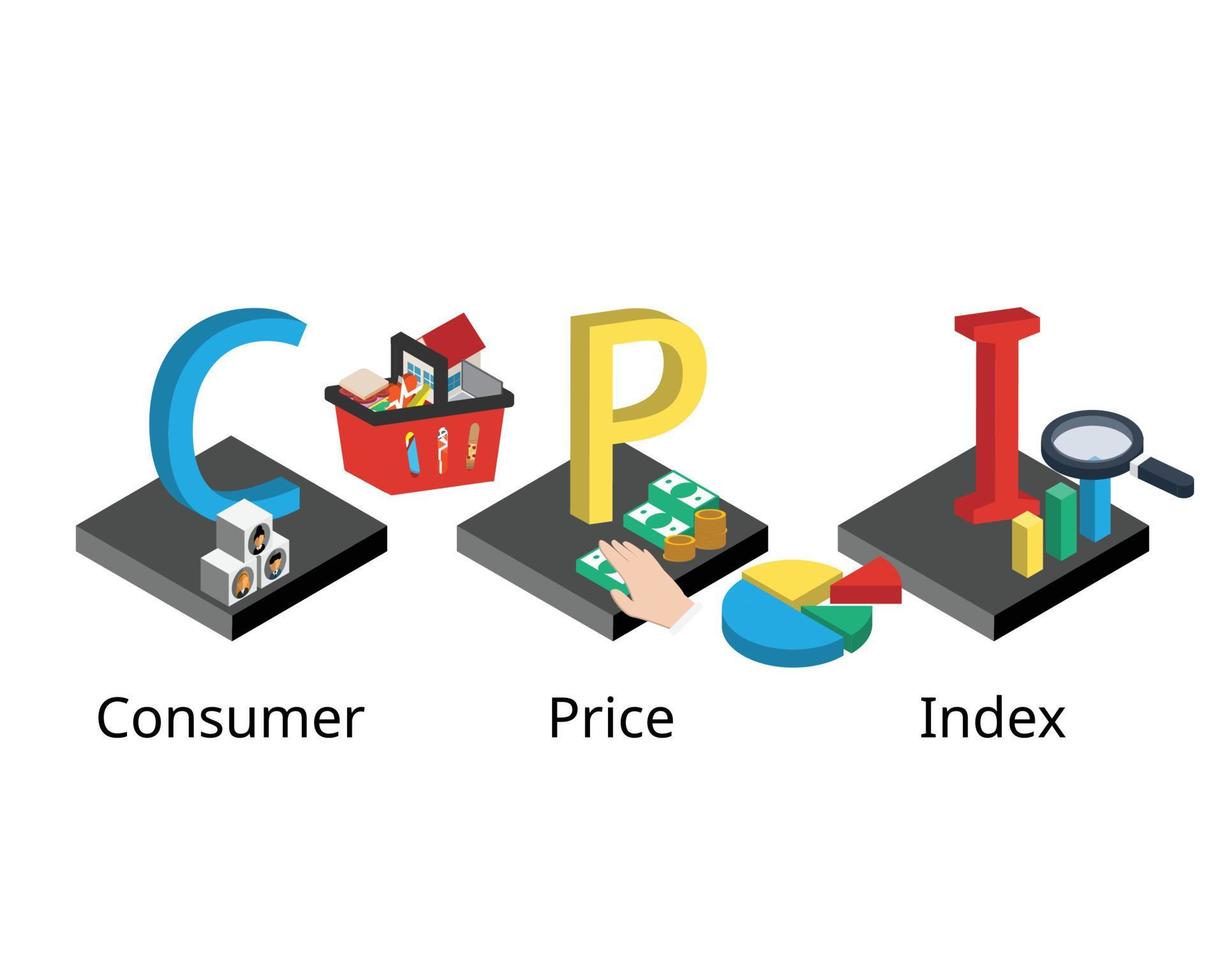 | |
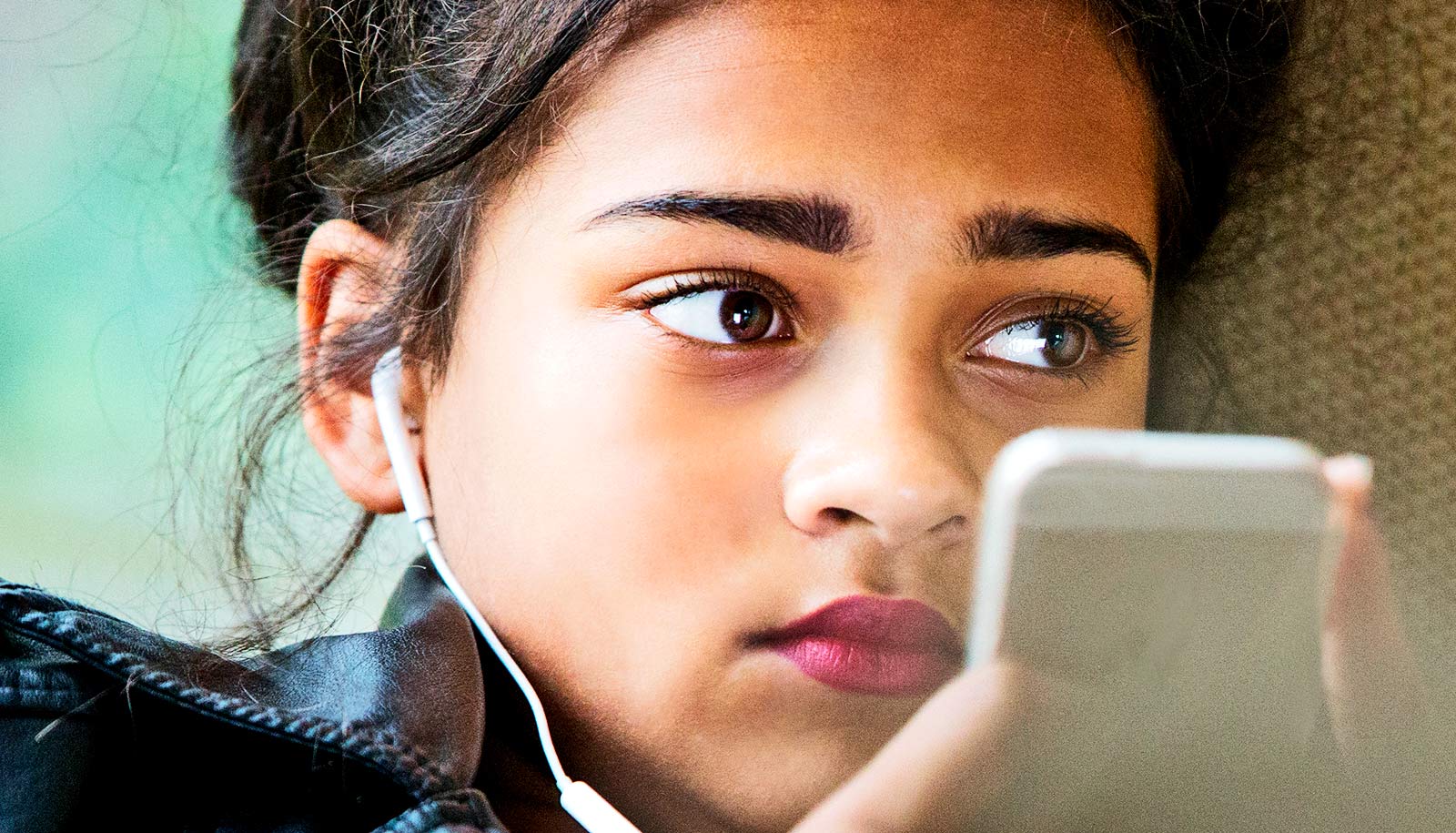 |  |
 | 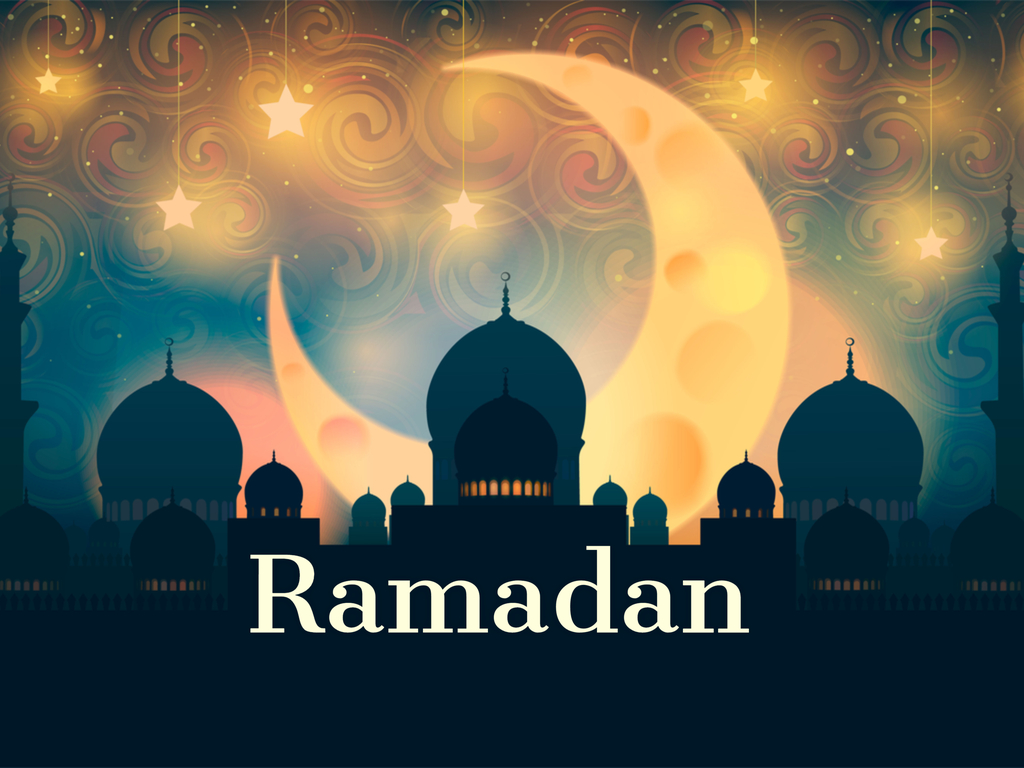 |
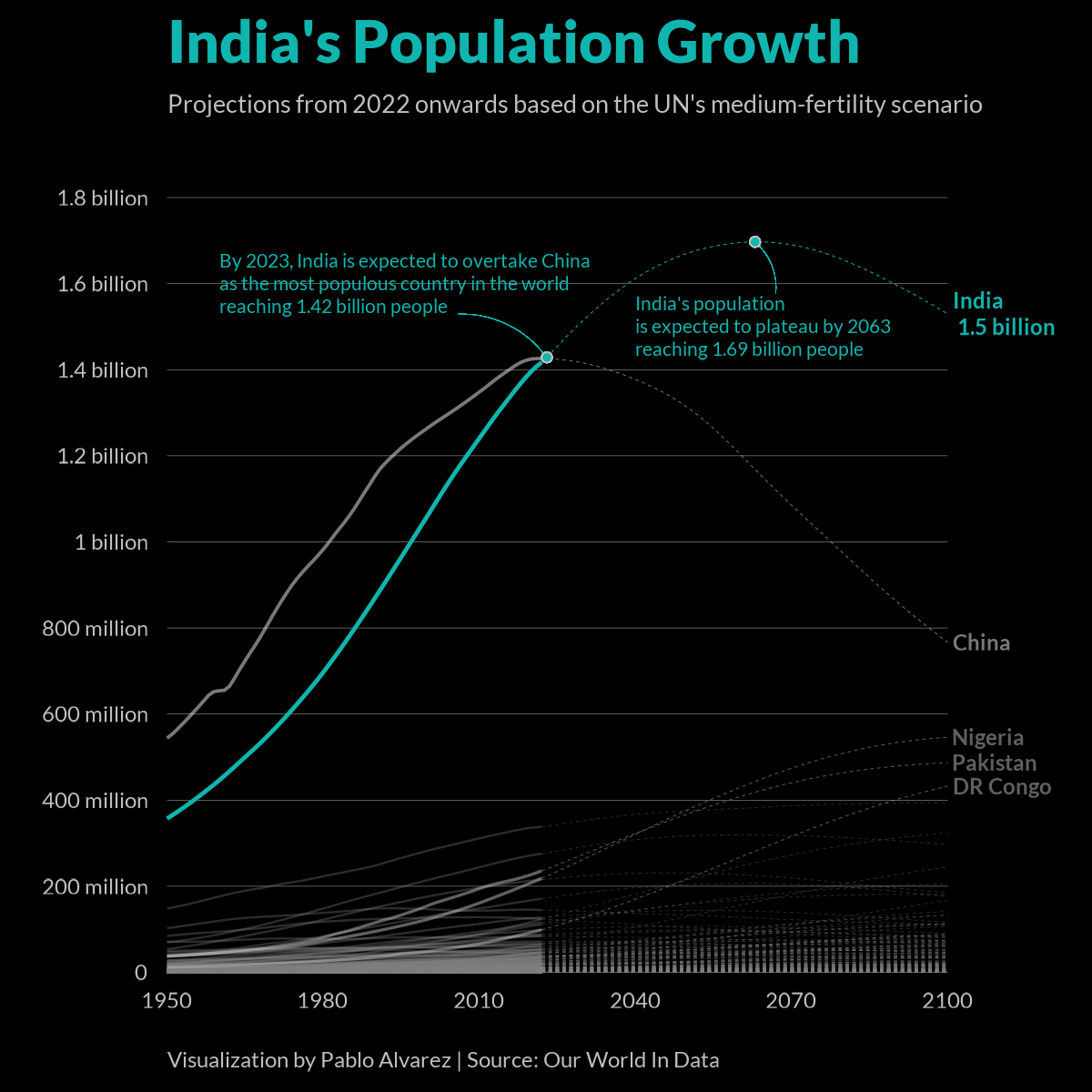 |  |
 |  |
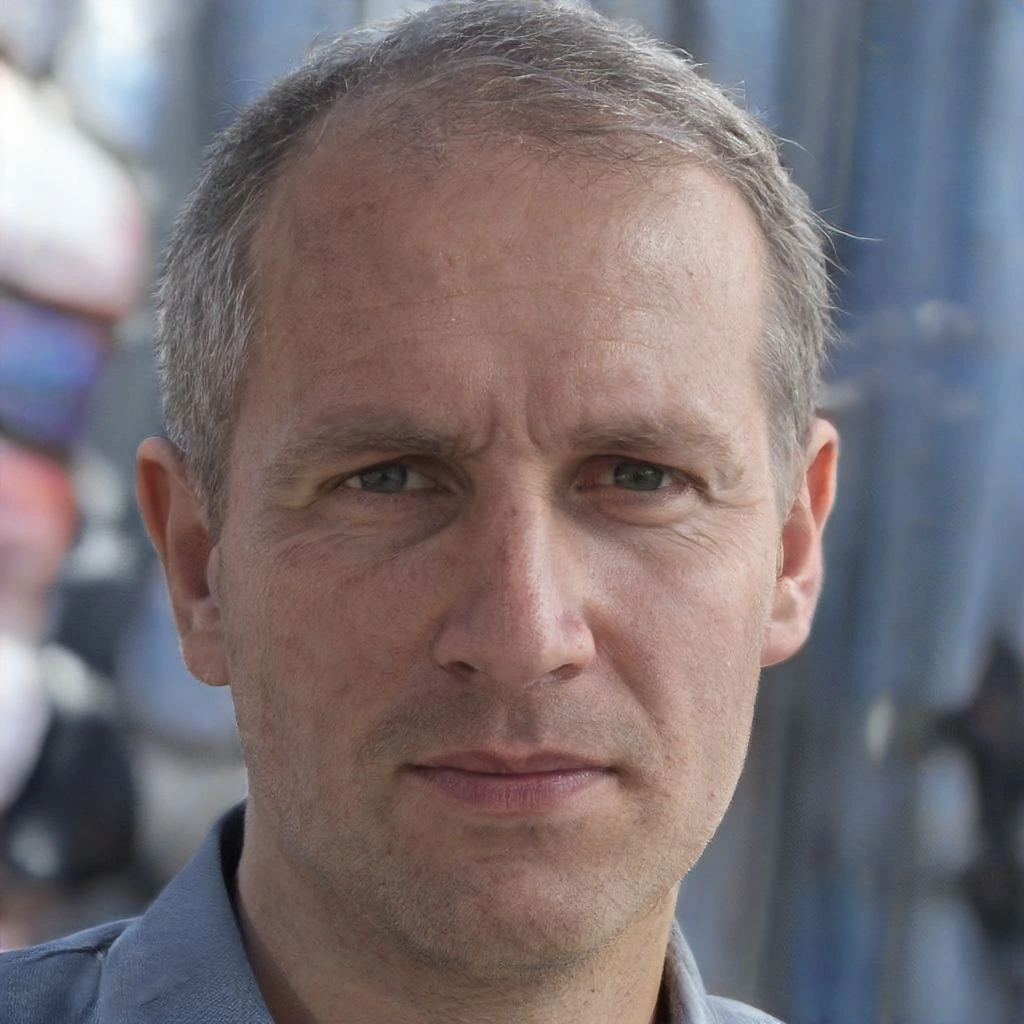 | 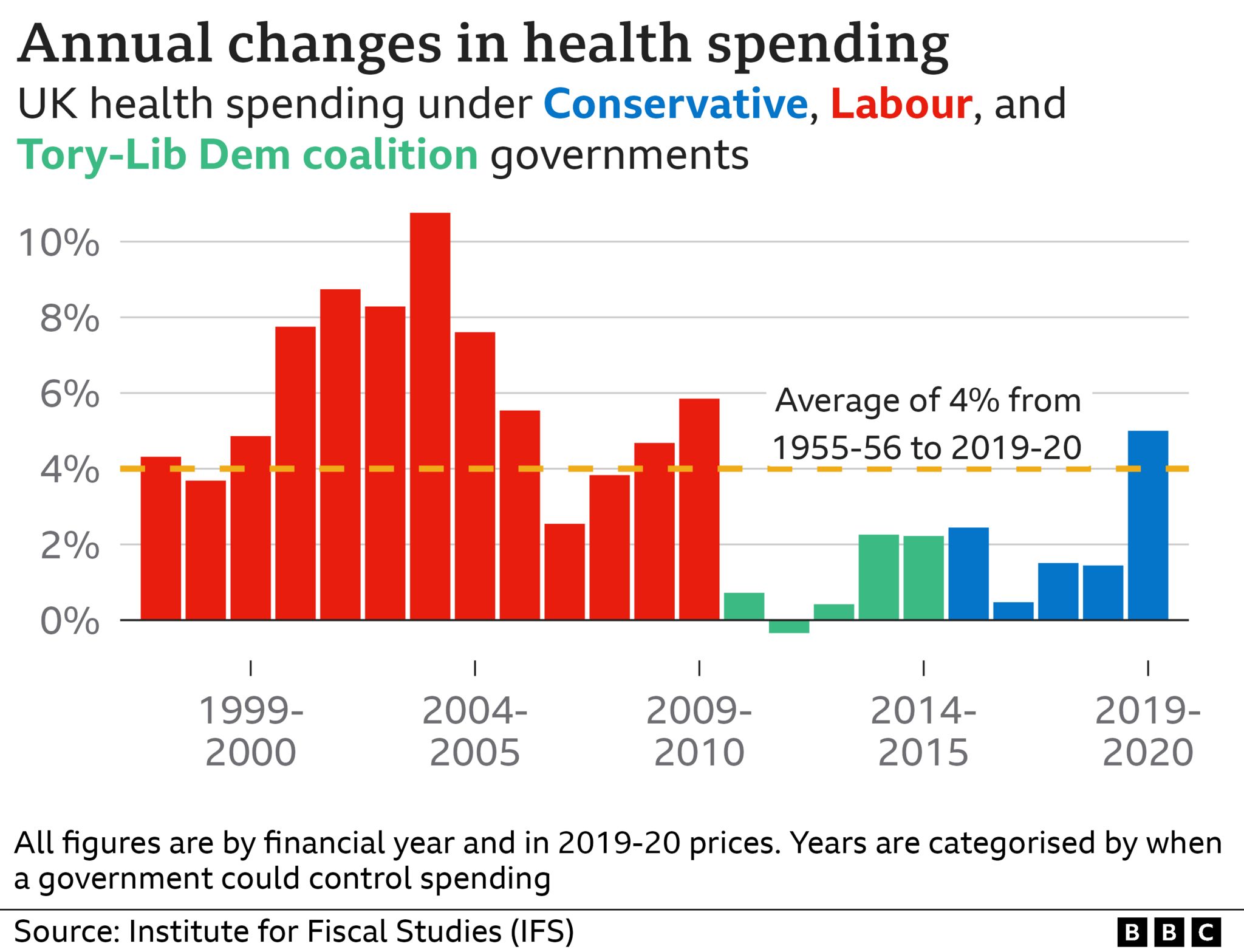 |
Learn answers to questions like “When did Ramadan begin?”, “Why do we observe Ramadan?”, and “How has Ramadan changed through the years?” Find out more about how you can contribute to the spirit of Ramadan by donating to support Embrace Relief’s international humanitarian causes. How has Fasting Changed Over Time? The first Muslims of Medina learned to fast all day under the guidance of Prophet Muhammad (ﷺ) in the vicinity of the deserts, where food and water supplies were scarce. The Origin of Ramadan. The answer to “when did Ramadan begin?” aligns with the timeline of Prophet Muhammad’s (PBUH) revelations. Those who believe the revelations occurred over two decades suggest that Sawm and thus Ramadan, became formalised around 622 A.D. How has the observation of Ramadan changed through history? While the core rituals and significance of Ramadan have remained unchanged since 624, the spread of Islam over the globe gave texture and diversity to the global Ramadan experience. For Muslims, Ramadan was founded so that humankind could benefit from its customs to change themselves for the better, strengthening their bond with God and enabling themselves to make the Let’s embark on a journey through time to uncover the fascinating history of Ramadan in Islam. The origins of Ramadan can be traced back to the early years of Islam, specifically to the year 610 CE, when the Prophet Muhammad received the first revelation of the Quran from the Angel Gabriel. It takes 33 years for Ramadan to cycle back again to the same time in the Gregorian calendar. Islam stems from the Judeo-Christian tradition, and holds that other holy texts including the When was Ramadan, Islam’s holy month of fasting, first observed? And how have its practices changed over time? Image Credit – Naassom Azevedo. Ramadan is Islam’s holy month of fasting and it’s been observed and celebrated by all Muslims around the world for more than 14 centuries. Ramadan is a time of peace, seeking knowledge and patience. Evolution Over Time. Cultural Integration: With the expansion of the Islamic empire, Ramadan practices were influenced by local customs and traditions of new regions. This integration led to varied expressions of Ramadan across the Islamic world, enriching the cultural aspect of this holy month. How has the observation of Ramadan changed through history? While the core rituals and significance of Ramadan have remained unchanged since 622, as Islam spread over the globe through time and place, geo-cultural expressions gave texture and diversity to the global Ramadan experience. Apr 6, 2025 - Daylight Saving Time Starts. When local standard time is about to reach Sunday, April 6, 2025, 2:00:00 am clocks are turned forward 1 hour to Sunday, April 6, 2025, 3:00:00 am local daylight time instead. Sunrise and sunset will be about 1 hour later on Apr 6, 2025 than the day before. Over time, different communities have adapted local names or pronunciations. Pashtuns and Hazaras in Afghanistan used variations of month names in their own languages, while Uyghurs in Xinjiang did likewise, and this pattern has repeated wherever Islam spread, demonstrating how the calendar can integrate local cultures while retaining its Ramadan has ended, and with it the festivities of Eid Al-Fitr ensue. Eid Al-Fitr translates into “The Feast of Breaking the Fast,” a three-day Muslim holiday that is rejoiced by adults and kids equally. Although Eid festivities differ depending on one country to another, Egyptian Eid sets itself apart with its distinctive food and desserts, Over 1 billion people globally will celebrate Ramadan by fasting from sunrise to sunset, praying, charity and spending time with family. The exact date changes as the holiday follows the lunar The script (the font) and the printing materials have changed over 1400 years but the content of the Quran remains unchanged.. Every word of the Quran is the same since the time of the Prophet Muhammad PBUH, and the Quran is the same Quran shared by Sunni(s) and Shia(s) with all 114 Surah (chapters) with no words added nor removed.. TW// Unhealthy eating habits I used to be very neurotic about my weight. I'd check the scales every day thinking of how I can lose 10kg in a month Ramadan, in Islam, the ninth month of the Muslim calendar and the holy month of fasting. It begins and ends with the appearance of the crescent moon. Islamic tradition states that it was during Ramadan that the Prophet Muhammad received the first revelations of the Quran. However, these studies have not yet elucidated specific patterns of weight change during and after Ramadan that can be enacted upon by public health institutions. This study aims to address this gap by providing preliminary findings on the association between the practise of Ramadan and patterns of weight change over a longitudinal period. It must be remembered that at least 70% of the Arabs today are illiterate, and that, at the same time, the new stimulus to change in Islamic society is, unlike the outside stimuli in earlier eras Ramadan comes at a different time every year because it is the ninth month of the Islamic calendar, a date-keeping system based on lunar cycles, unlike the Gregorian calendar (the one used by most
Articles and news, personal stories, interviews with experts.
Photos from events, contest for the best costume, videos from master classes.
 | |
 |  |
 |  |
 |  |
 |  |
 |  |